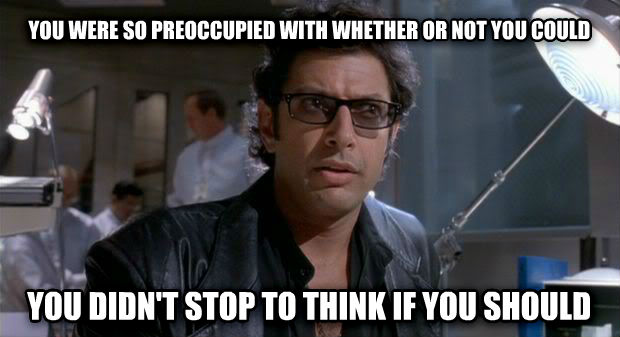Following on from my reflective posts in recent weeks about my experience, things I have seen in the workplace and the challenges the world faces I have come up with a title for myself: The Learning Reducer.
Inspiration (outside of learning)
“instead of adding stuff, try taking stuff away”
– Rick Rubin: http://erickimphotography.com/blog/rick-rubin/
The inspiration for this title is a combination of music producer/reducer Rick Rubin and what I have realised during this period of reflection. Further logic behind the ‘reducer’ moniker:
“Girls” is indicative of Rubin, who initially portrayed his role as “reducer,” not “producer.” 1980s music had a lot of needless flourishes and additives. Rubin’s mission was to boil off excess and serve the essence. Rick is often portrayed as a producer who does almost nothing to the music he touches. Which isn’t to say that he does nothing. The opposite, in fact, is true. Like a great chef, he chooses the best ingredients and lets them speak for themselves. The genius is in the selection and arrangement of those ingredients.
In the case of “Girls,” it’s one part drums, one part piano, and four parts asshole.
DAN CHARNAS: https://www.complex.com/music/2012/03/25-best-rick-rubin-songs/girls
Inspiration (from learning)
In part my adoption of Reducer is based on some things that have really stood out to me during my time working in learning over the years, including:
- Subject Matter Experts (or worse people responsible for something who are not even an SME) throwing requirements ‘over the fence’ to L&D whilst refusing to engage or find time for proper needs analysis.
- Mandatory ‘training’ stipulated by government and other groups with no consideration for personalisation, real outcomes or other needs.
- Bloatware learning where learning is elongated by everything from a corporate logo (even just for 5 seconds) at the start of a video through to fixing ‘learning’ into an arbitrary schedule of an hour, a work day, etc. As a result organisations have been left with lots of legacy learning content that is difficult to manage, update and makes little us of the opportunities AI, AR and other tech gives us.
- Inefficiency – we hear a lot about productivity gaps but do very little about the basics around skills, process, etc. There have been improvements in encouraging honesty and learning from mistakes but tackling fundamental bad practice, for example with Microsoft Office, remains an issue.
- Self importance. Unfortunately we all fall into the trap of thinking our piece of the pie is most important. Realistically, the product/service of our organisation is most important and in big organisations we only contribute to (or sell) it. Therefore, the need for learning to drive self aware and reflective practitioners is all important – what we don’t need are bloated learning (or other support teams) expecting the impossible or putting self interest ahead of the shared vision/goals. There is also the snobbery issue here in self importance of learning professionals and a failure to support all learners – too often focusing on leadership and high level concepts.
- The learning industry is in need of shedding a lot of dead weight (learning styles, Myers Briggs, etc). We are seeing new ideas emerging but often people are clinging to ideas (like 70/20/10 in totally the wrong kinds of ways). As an industry/profession it feels like learning pros constantly beat themselves up but are far too slow (still) in shedding the old sheep dip training for something that adds more value. Admittedly because too often things are thrown over the fence as ‘requirements’ (see above).
Reducer as critical friend
So – can I be the learning asshole? Well, perhaps I already am – I noticed myself verging into this territory recently when asked to give feedback on pre-launch content from new vendor Thrive and also with the UI of a recruiting platform I was given early access to.
There feels like a value in looking at L&D from the perspective of critical friend. Seperate from industry or SM expertise. If only to ask a question of L&D pros practice: why?

Reducer and curation
Curation is not new – even though some L&D commentators would have you think it is.
Blog followers will know I get a bit of a “bee in my bonnet” about curation as an L&D topic. However, it is a facilitator of ‘reduction’ – pick the best of what is out there and maintain current awareness without excessive build times and other traditional L&D activities.
Curation done well has to be part of a continuous improvement culture.
Reducer and culture
Through a learning reducer focus we can establish true learning organisations.
Agile learning through experience and reflection, combined with ongoing collaboration via digital means. Where face-to-face and virtual classroom are reserved for real value added sharing and relationship building.
Learning can be embedded in work, agile in deployment, is owned by everyone and contributes to learner/employee engagement. This works both in education settings and the workplace.
What next?
Contact me to discuss further as I continue to develop this chain of thought.
6 thoughts on “A new identity: The Learning Reducer”